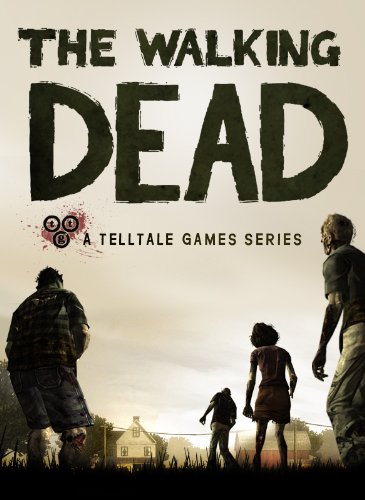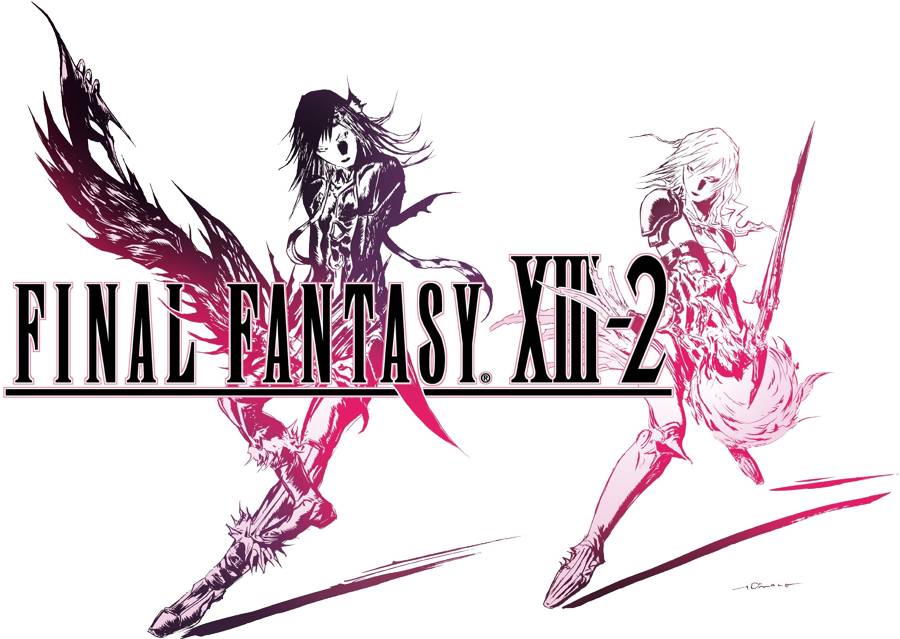



On February 24th, 2011, in the early afternoon Scott Hartsman posted a message to his Twitter that read: "Ladies and gentleman, welcome to Rift".
Hartsman is the high muckety-muck of Trion Redwood City Studio. He's an MMORPG veteran who's had his hands in both EverQuest and EverQuest II, and has been working alongside the Rift development team as chief creative officer and general manager.
The studio released Rift to the public just a few days later. But whether anyone actually cared that a new MMO was launching was its own issue. Rift's dynamic content lead Will Cook told me that no, they didn't. "Nobody cared," he says.
"We were a new publisher with a strange name, kind of like a software company. I guess I wasn't hired on early enough to know the reasons for the name but... we were making a game that did not shy away from its similarities to World of Warcraft. We did not want to fix anything that wasn't broke. So it was a challenge, we had to sell things.

"Last E3 we were selling to all the press. It was difficult, you had to work. You had to work that show. Nobody knew us, nobody really cared. And MMOs at E3, well, there's not a whole lot of MMOs."
Even with no new World of Warcraft expansion in sight since last year's Cataclysm (Blizzard seem to be holding to an 18-month cycle for shipping expansions) this is still very much a post-WoW market. Blizzard's big one is the primary barrier-to-entry for up and coming MMOs, and the prevailing sense is that new IP is doomed before it's even out the door.
Six-weeks into the release of last year's GTA-like MMO All Points Bulletin, Realtime Worlds went into administration and the game collapsed shortly after. Square Enix's Final Fantasy XIV failed critically on almost every front and is currently sitting on a Metacritic rating of 49.



